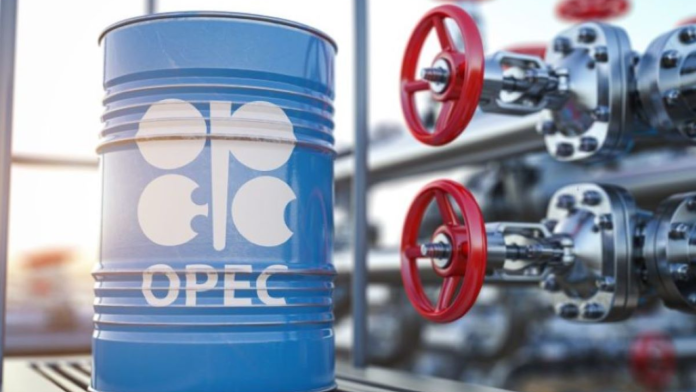Goldman Sachs expects the price of Brent crude futures to remain in the range of $75 to $90 per barrel in most scenarios and to average $82 in 2025.
Bank excluded Goldman Sachs To announce an alliance OPEC + Next June, it announced a partial reversal of the voluntary production cuts, as reported Reuters”.
The bank added that the recent increase in inventories was a surprise, and as a result its model now predicts only a 37 percent chance that the alliance will make a decision to increase production in June.
“While our interpretation of the OPEC+ communications is that no final decision has been made, we now expect Saudi crude supply to remain steady at nine million barrels per day in July (versus 9.2 previously),” the Wall Street-listed bank said.
Also Read: Dubai Launches Second Edition of Professional Diploma for Government Auditors
He stressed that he expects the price of crude futures to remain Brent In the range of $75 to $90 per barrel in most scenarios and an average of $82 in 2025.
The price of Brent crude rose today, Thursday, to $83.76 per barrel.
Russian Deputy Prime Minister Alexander Novak said on Tuesday that there were no discussions within the OPEC+ alliance about increasing oil production.
A statement published by the Russian government on the Telegram application quoted Novak as saying, “There is no discussion regarding increasing production within OPEC+.”
OPEC+ has implemented a series of production cuts since late 2022 in light of rising production from the United States and other non-member producers, and concerns about demand at a time when major economies are facing the repercussions of high interest rates.
The coalition, which includes the Organization of the Petroleum Exporting Countries (OPEC) and non-OPEC producers led by Russia, will meet on June 1 in Vienna to determine production policy.
The OPEC+ alliance is currently reducing production by 5.86 million barrels per day, equivalent to about 5.7 percent of global demand. The cuts include 3.66 million barrels per day from OPEC+ members, effective until the end of 2024, and voluntary cuts from some members of 2.2 million barrels per day, which expire at the end of June.




